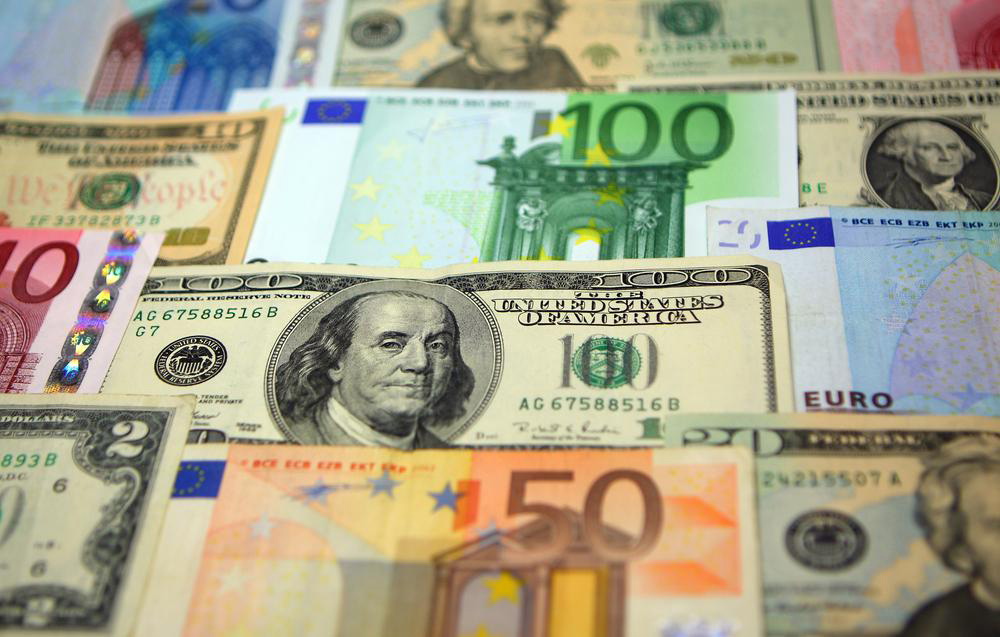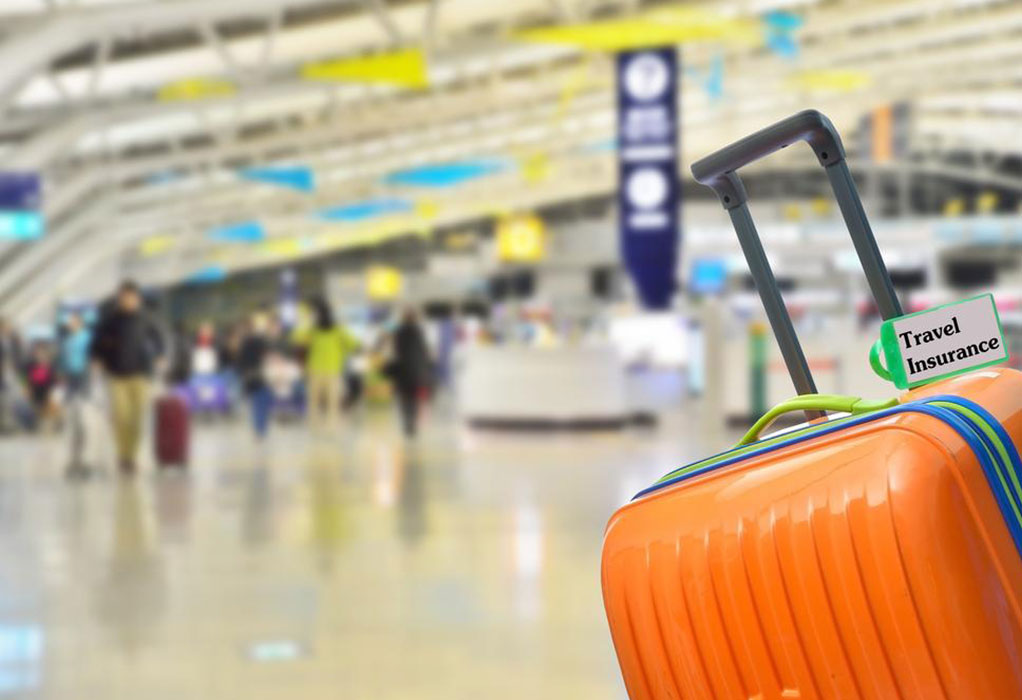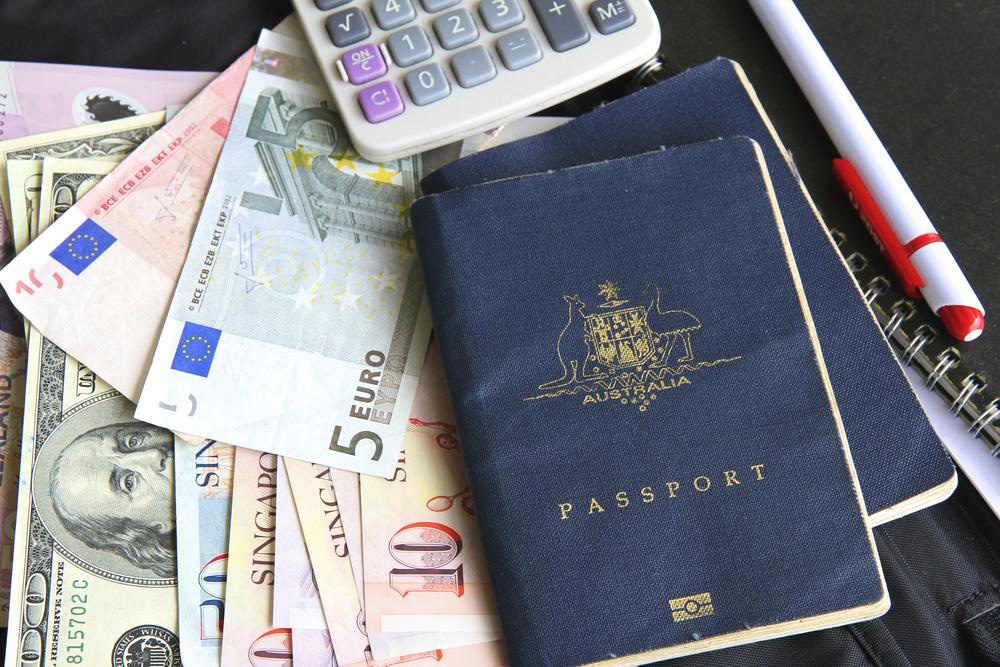Essential Currency Management Tips for Smooth International Travel
Planning international travel requires careful currency management to ensure smooth expenses and avoid unnecessary costs. This article covers essential tips such as researching your destination, using banks for exchange, leveraging online tools, and avoiding airport rates. Proper preparation can save money and improve your travel experience. Learn how to handle foreign currencies efficiently and make your trip stress-free with expert advice on currency exchange strategies.

Essential Currency Management Tips for Smooth International Travel
Embarking on international adventures involves meticulous planning, where every detail counts—from booking flights and accommodations to organizing transportation, sightseeing, and entertainment. However, one critical element often overlooked is managing finances across different currencies. Traveling abroad presents unique challenges, particularly when it comes to currency exchange and expense management. Mastering the art of handling foreign currency effectively can significantly enhance your travel experience by reducing stress, avoiding unnecessary costs, and ensuring you are financially prepared in unfamiliar environments.
To help travelers navigate the complexities of foreign currency exchange, here are comprehensive and practical tips designed to optimize your experience and maximize your purchasing power while abroad:
Conduct Thorough Research About Your Destination: Prior to departure, invest time in understanding the local currency and the common methods of payment accepted in your destination country. Some nations predominantly rely on cash transactions, especially in rural areas or for small purchases, while others have embraced digital payments and credit card usage. Knowing this information helps you prepare appropriately, whether by carrying sufficient cash or ensuring your cards are compatible with local systems. Additionally, research the current exchange rates and any recent political or economic events that may influence the currency value. This groundwork prevents surprises upon arrival and ensures you have an adequate amount of local currency ready to meet your initial expenses.
Opt for Reputable Banking Institutions: When it comes to currency exchange, banks and credit unions generally offer better rates than exchange bureaus at tourist spots. If you have accounts with major banks like Wells Fargo, Bank of America, Citibank, US Bank, or Chase, consider ordering your foreign currency in advance. Many of these institutions allow you to purchase foreign notes online or via their mobile apps, with the convenience of pickup at your local branch. Ordering ahead can lock in favorable rates and minimize conversion costs. Additionally, some banks provide fee-free or discounted currency exchange services, which can translate into significant savings over the course of your trip.
Leverage Digital and Online Currency Converter Tools: In the digital age, numerous online platforms and mobile apps facilitate real-time currency conversion. These tools are invaluable for budgeting and understanding how much your native currency is worth in the local context. They can also help you compare rates across various sources and choose the most economical option. Certain apps and online services enable users to pre-arrange currency transfers directly to bank accounts or local currency pickup points, ensuring you have the necessary funds accessible when needed. While these services might involve slightly higher exchange fees, their convenience and speed often outweigh the costs, especially in urgent situations.
Avoid Airport Currency Exchanges When Possible: Airport exchange counters are often the last resort for travelers in need of immediate cash, but they typically offer the worst rates coupled with high service fees. If you must exchange money at the airport, do so in small amounts and only for emergencies. To avoid unnecessary expenses, aim to complete the bulk of your currency exchange before departure or at trusted financial institutions. Carry a small amount of local currency in cash for the first few expenses—like transport from the airport—then withdraw or exchange more funds at banks or secure methods once you’re settled.
Utilize Travel Agencies and Tour Providers: Some travel agencies, such as Thomas Cook and other reputable companies, often negotiate better rates for currency exchange and offer fee-free or low-fee services for their clients. Using these services can be a reliable way to acquire foreign currency in bulk or for specific denominations needed during your trip. Additionally, certain tour operators and travel service providers include currency exchange as part of their package, which can further streamline your finances and ensure you’re getting competitive rates.
In summary, effective currency management is essential for a hassle-free international travel experience. Proper preparation—including understanding your destination’s currency landscape, leveraging established financial institutions, utilizing digital tools, and minimizing airport exchange reliance—can save you money, reduce stress, and make your trip more enjoyable. By following these practical tips, you can focus more on exploring and enjoying your adventure, confident that your financial transactions are secure, efficient, and cost-effective.





